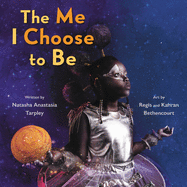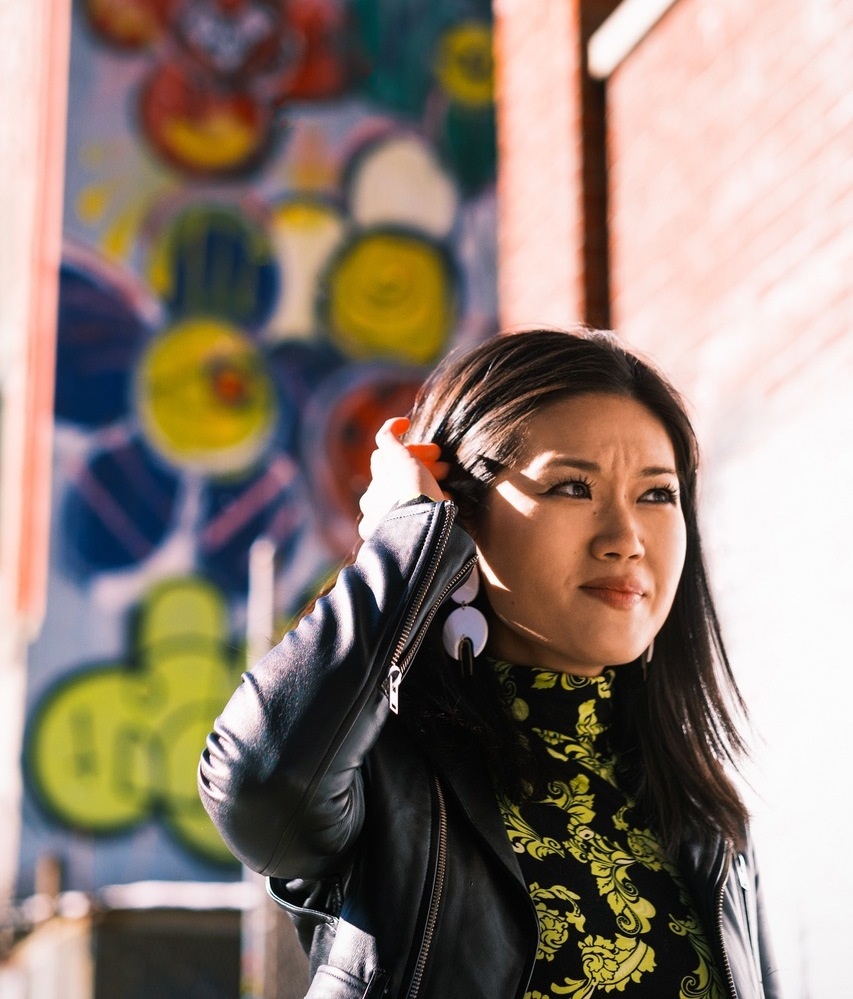 |
| photo: Ryan Muir |
Qian Julie Wang was born in Shijiazhuang, China. At age seven, she moved to Brooklyn, N.Y., with her parents. She is a graduate of Yale Law School and Swarthmore College. Formerly a commercial litigator, Wang is now managing partner of Gottlieb & Wang LLP, a firm dedicated to advocating for education and civil rights. Her writing has appeared in the New York Times and the Washington Post. She lives in Brooklyn with her husband and their two rescue dogs. Her memoir, Beautiful Country (Doubleday, September 7, 2021), follows the years of her undocumented childhood in New York City.
On your nightstand now:
The Intuitionist by Colson Whitehead, Somebody's Daughter by Ashley C. Ford and How to Write an Autobiographical Novel by Alexander Chee. I used to only read fiction, and I am now trying to read more broadly across genres while also returning to backlist titles that I missed when they were first released. Further, I am just thrilled to see my fellow BIPOC authors starting to receive much-deserved attention and recognition in the publishing industry.
Favorite book when you were a child:
It's so difficult to narrow it down to just one, so I have to cheat here and say: Charlotte's Web by E.B. White, Where the Red Fern Grows by Wilson Rawls, Mrs. Frisby and the Rats of NIMH by Robert C. O'Brien and the entire Baby-Sitters Club series by Ann M. Martin. I was very into animals--animals and getting a taste of what it was like to be a normal American kid.
Your top five authors:
Again, it's so hard to narrow it down to just five! But this time I'll play by the rules and say Maya Angelou, Margaret Atwood, George Eliot, Kazuo Ishiguro and Edith Wharton.
Book you've faked reading:
Heart of Darkness by Joseph Conrad. In college, I juggled four to five part-time jobs every semester, and one of those jobs was being a teaching assistant for an English professor. He required his TAs to read all the books on the syllabus (which made sense), but unfortunately I was working 30+ hours a week while juggling a full honors course load, so I may have skipped a book (or two!) here and there. This was one of them. I have nothing against the book, and have been hoping to read it for years, but I just have not gotten around to it yet.
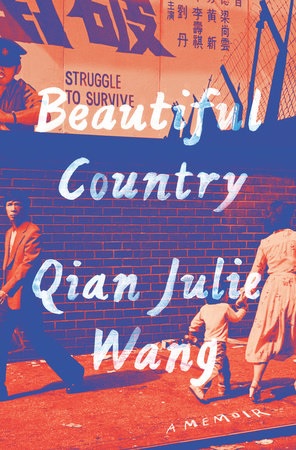 Book you're an evangelist for:
Book you're an evangelist for:
Minor Feelings by Cathy Park Hong. As I elaborate further below, reading this book changed my life. For AAPI women in particular, it offers rare validation for so many experiences that we've been forced to accept as normal. And for those who are not AAPI, it will give you keen insight into what it might be like to live in our skin.
Book you've bought for the cover:
I've probably purchased just about every reprint of Jane Austen's books because I love collectible sets. My current favorites are probably the colorful Penguin clothbound ones!
Book you hid from your parents:
My own! My parents are supportive of my dreams but they remain terrified that ICE will still come after us, even though we are all on documented status now. It is also very difficult for them to think about those years. In hopes of alleviating their fears, I'm not allowing them to read the whole book until its release--my thinking is that that way, though the fear will still be there, they will be less likely to count down in doom to the day our immigration history becomes public.
Book that changed your life:
I was forever changed by reading Minor Feelings by Cathy Park Hong during the pandemic and the onslaught of anti-Asian hate crimes. For most of my life, I told myself that I was just oversensitive, that I read too much into things--even though "chink" was among the first English words I learned, even though I had never been in a public space in America without fearing for my bodily safety. When I read Minor Feelings, I was shocked to find another Asian American woman, living across the country and years older than me, who had precise insight into all of the things that I thought I was "oversensitive" about. Hong's book awakened and galvanized me. I read and re-read it while editing my book, and it opened my eyes to all of the ways in which growing up under white supremacy shaped how I viewed myself, and how I invalidated the extremely valid feelings that decades of living with racialized misogyny engendered in me. Minor Feelings gave me the permission I didn't know I needed, and it helped me dig up more of my voice, my compassion--not just for myself but also for so many others who do not yet have everything I am now fortunate enough to possess.
Favorite line from a book:
"..for the growing good of the world is partly dependent on unhistoric acts; and that things are not so ill with you and me as they might have been, is half owing to the number who lived faithfully a hidden life, and rest in unvisited tombs." --George Eliot, Middlemarch
I have recited this quote to myself since discovering Middlemarch in high school, a reminder that as nice as it might be to be widely recognized for a grand deed, it is the undocumented, everyday kindnesses that contribute to the central good of the world. It has become even more of a daily mantra for me in my adult life. I've been lucky to have lived at just about every socioeconomic level; the message keeps me rooted to the belief that I have a responsibility to live up to my privilege and give back to everyone around me--in large and small ways.
Five books you'll never part with:
Middlemarch by George Eliot; Jane Eyre by Charlotte Brontë; The House of Mirth by Edith Wharton; The Goldfinch by Donna Tartt; All the Light We Cannot See by Anthony Doerr. I'm a real sucker for coming-of-age stories!
Book you most want to read again for the first time:
Charlotte's Web was my foundation for the concept of friendship, kindness and faith. The book shaped me indelibly even though I'm sure that there were many elements that I was too young to comprehend in my first reading. I often wonder if anything would change, or if I would catch new sparks, if I were able to go back to the third grade and read it for the first time anew.
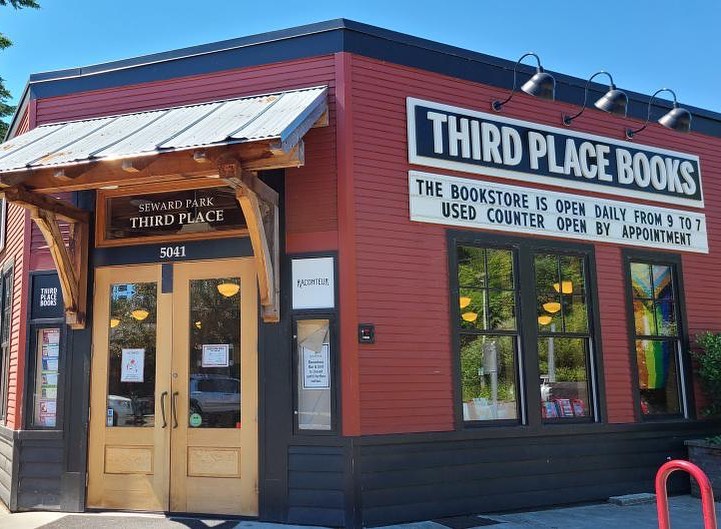 Chuck's Hop Shop, a "longtime beer lovers' destination from former Barbecue Smith owner Chuck Shin," will open its third location, at Third Place Books in Seward Park in Seattle, Eater News reported, noting that during the past decade, Chuck's has developed a strong following in Greenwood and the Central District and will now take over the space vacated by Raconteur, which had a restaurant, downstairs bar and some outdoor seating.
Chuck's Hop Shop, a "longtime beer lovers' destination from former Barbecue Smith owner Chuck Shin," will open its third location, at Third Place Books in Seward Park in Seattle, Eater News reported, noting that during the past decade, Chuck's has developed a strong following in Greenwood and the Central District and will now take over the space vacated by Raconteur, which had a restaurant, downstairs bar and some outdoor seating.










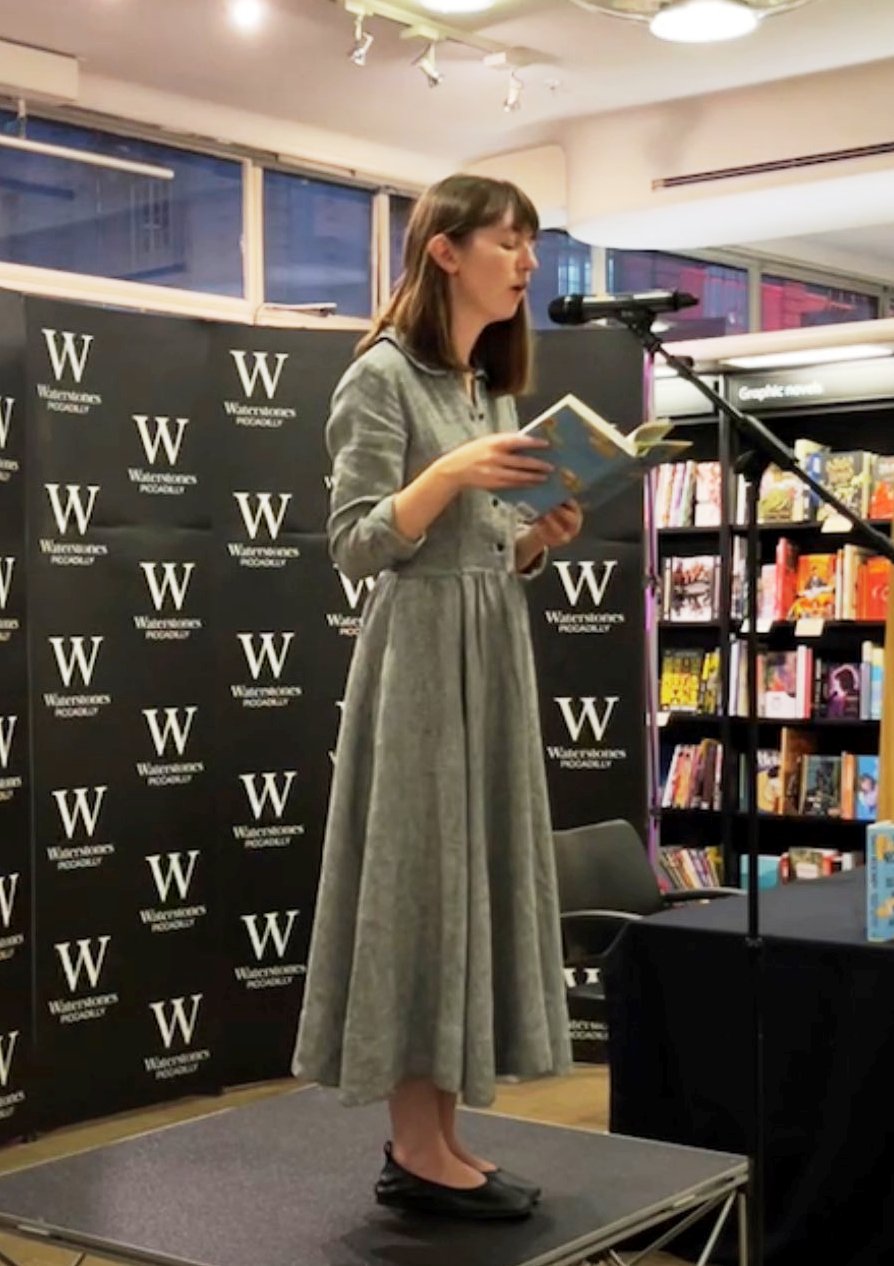 Yesterday was unofficially Sally Rooney Day internationally, marking the release of her latest novel, Beautiful World, Where Are You. The Bookseller reported that dedicated fans lined up to hear her read from and sign copies of the book at a Waterstones Piccadilly event in London Monday night, "with
Yesterday was unofficially Sally Rooney Day internationally, marking the release of her latest novel, Beautiful World, Where Are You. The Bookseller reported that dedicated fans lined up to hear her read from and sign copies of the book at a Waterstones Piccadilly event in London Monday night, "with 
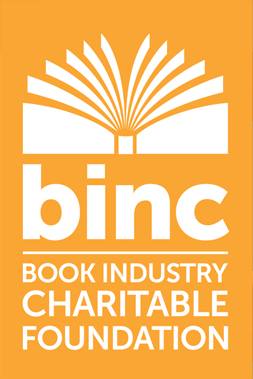
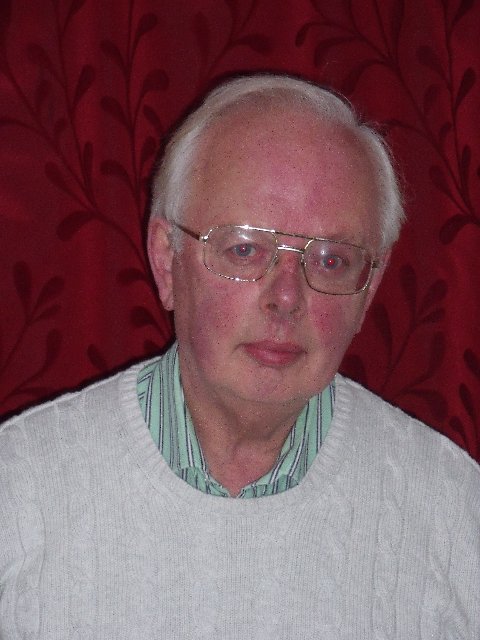
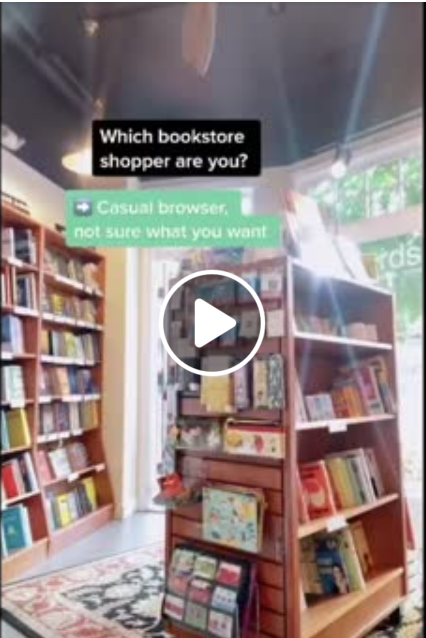
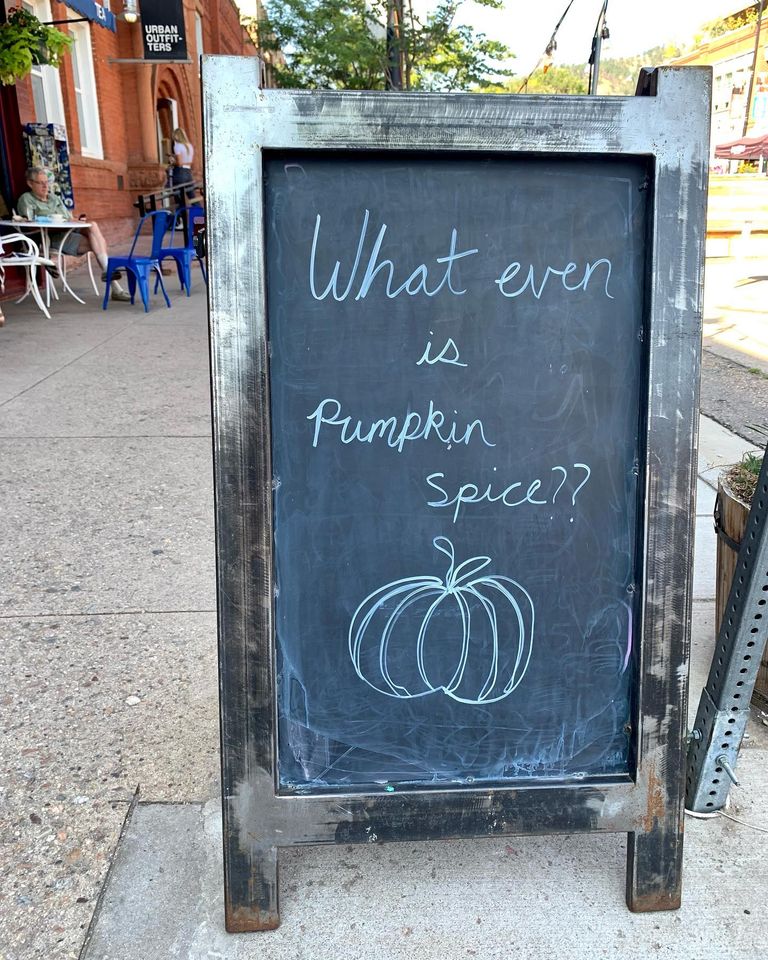 On the shop's sidewalk chalkboard,
On the shop's sidewalk chalkboard, 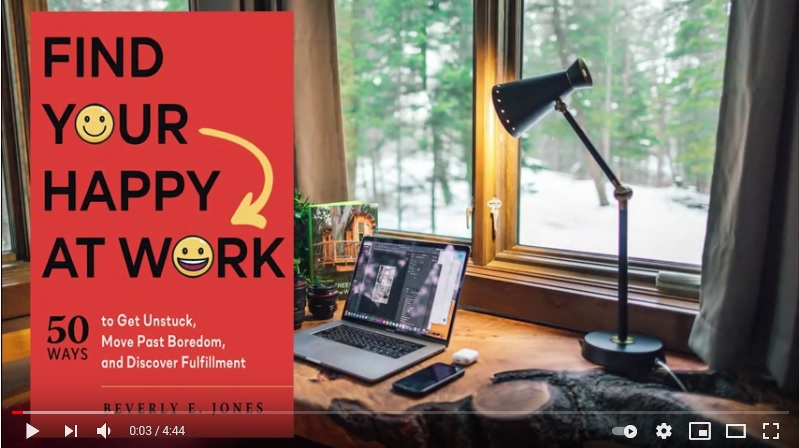 Find Your Happy at Work
Find Your Happy at Work
 Book you're an evangelist for:
Book you're an evangelist for: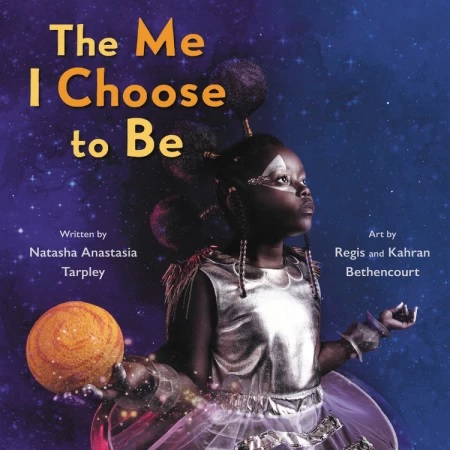 Imagination, ingenuity and passion combine on the pages of this inspiring tribute to children of color. The poetic composition from Natasha Anastasia Tarpley (I Love My Hair!;
Imagination, ingenuity and passion combine on the pages of this inspiring tribute to children of color. The poetic composition from Natasha Anastasia Tarpley (I Love My Hair!; 